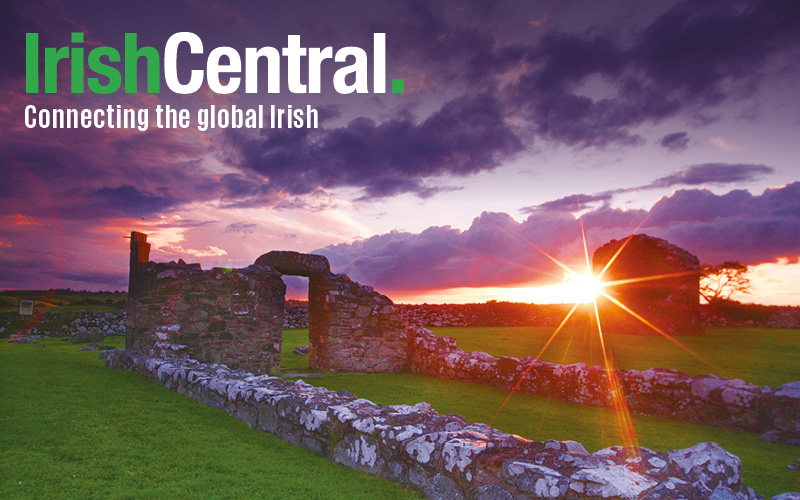It's Monday morning and the perky barista is waiting to take my coffee order. I look at her askance, the way the Irish do when confronted with perkiness. As I get closer to the counter I have an inner dialogue with myself that goes like this - should I tell her, should I not?
I'm not about to make an unexpected marriage proposal. I'm not coming out to her either. It's nothing nearly so interesting.
She's undeniably attractive, but that's not why I'm in Starbucks. All I want is an Iced Skinny Mocha or a Pike Place Roast. The trouble is in a few moments she's going to ask me for my name.
“Can I have your name?” she asks me.
See. Since coming to America I've discovered that there's a right answer for this. It's John or Chris or George or Tom. It's even Brandon, or Jacob or Mason or Noah.
What it is not, most assuredly, is Daithi, Fergus, Lorcan or Malachi. It will always be too early for that ethnic stuff.
“My name is, my name is...” Suddenly I'm a character in a Brian Friel play, with all of the painful cultural displacement that implies. In my head, I'm suddenly shivering in a hedge school in Co. Donegal in 1830, with the morning dew dripping onto my copy of Ovid's Metamorphosis.
What is my name, I ask myself, panicking? The barista is looking at me like she suspects I must have forgotten it.
Then inspiration strikes. “My name is – Algernon Moncrieff.”
That's solved it. No one is going to notice I'm the lead character in Oscar Wilde's play The Importance of Being Earnest. No one in this line probably even knows it exists.
I've dodged a bullet and the morning keeps on moving without error. Score one for the paddies.
“Can you spell that?” she asks. Oops. Not quite the assured save I thought it was.
“A-L,” I reply.
“Didn't you say it was Al-geron or something?”
I nod quickly. God help me, what else can I do?
“How do you spell that?”
“A-L-G-E-R-N-O-N,” I say. Behind me, the crowd is already growing restive.
Who is this idiot with the old-timey name? Doesn't he have the sense to realize he's making us wait? We have busy lives, goddammit.
Why does he have to have such a stupid name anyhow? He doesn't even look like an Algerwhosis.
“That's a real cute name,” says the barista. “I like that name a lot. I think it's the best name I've heard all week,” she says.
She's obviously had her coffee; it would be nice if I could too. But oh no, I had to create a commotion, didn't I?
I had to be clever and now look at the result. She thinks my name is adorable, but the lady behind me now wants to thrash me with her Louis Vuitton purse.
I could have just told her my real name, I realize too late. Now I have a twinge of unexpected regret about the very act that moments ago I had considered unthinkable.
Imagine how her perky little nose would have contorted as I unpacked that linguistic firework. I wait 24 hours.
“Car-har?” she says the next day. “Ka-hir? You Palestinian?”
She's blinking at me as she waits for the answer. “Cah-huh? Is that right?” The line behind me that had already faltered now comes to a total standstill.
Every day, the world over, Irish people are bringing international commerce to a grinding halt with their names. All they have to do is insist they be called by the name they were given and watch the chaos ensue.
But my Irish name is my talisman. I wear it like an amulet and it has stood the test of time to me. It distinguishes me in many of the same ways my nationality does.
I can tell who likes me, and who does not, just from the way they pronounce it or fail to pronounce it.
That's a great gift, I long ago realized. It reveals people, it reveals me too.
I'm not about to surrender it to a system that wants me to be someone else so they don't have to think about it. I don't want anyone else to do so either. Let them learn how to say it and who it describes.
*Originally published in 2015.




Comments